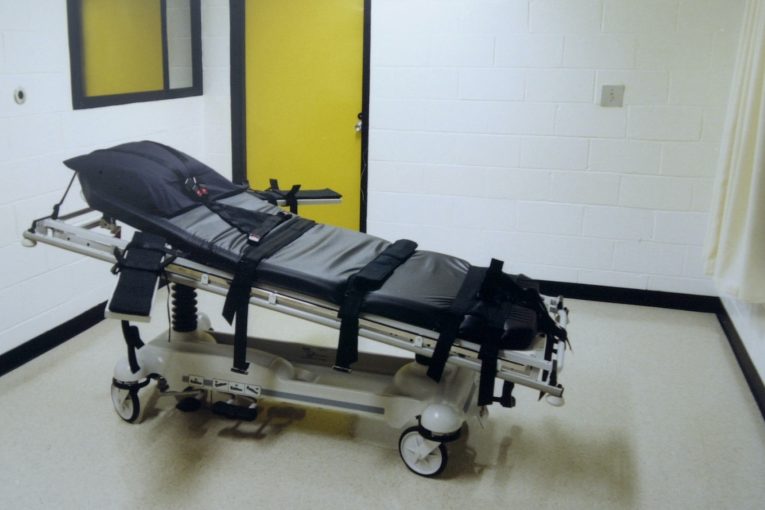
WASHINGTON, DC – The Death Penalty Information Center (DPIC) has announced Indiana’s first execution in 15 years will be Joseph Corcoran on Dec. 18, adding the “volunteer” has an extensive history of mental health illnesses, such as schizophrenia, which makes him incompetent to face execution, according to several experts.
Despite displaying consistent signs of mental illness during his time in prison, the DPIC revealed the Indiana Supreme Court ruled his mental illness is “not enough” to stop the pre-Christmas execution.
As reported by the DPIC, the accused is a “volunteer,” waiving his appeals in 1999 and passed a competency hearing in 2003 that placed him on death row. This act of “volunteering” for execution led to the absence of searching convictions and death sentences in this case.
According to the DPIC, the accused’s attorneys believe “a new post-conviction petition is legally cognizable” after recent execution case success stories and changes in Indiana’s legal landscape since 2003.
The DPIC emphasizes that, among the states that restarted executions after a long pause, volunteers have been increasingly more prominent.
DPIC stresses that, if proceeded with, the accused’s execution would be the “seventh time a state resumed executions with a volunteer after a considerable time period.”
DPIC’s analysis reveals 87 percent of the 165 executed volunteers have battled mental illness, substance abuse, or both since 1997. It was further analyzed by the DPI that white men make up 84 percent of the execution requests, despite being only 46 percent of the demographic sentenced to death.
DPIC states that Black men only represent five percent of execution volunteers, but they constitute 41 percent of modern death sentences.
Via further investigation, DPIC found female execution rates reveal much more consistent statistics as only two percent of people sentenced to death are women (of any race), and two percent of all volunteers have also been women, with all three of them being white.